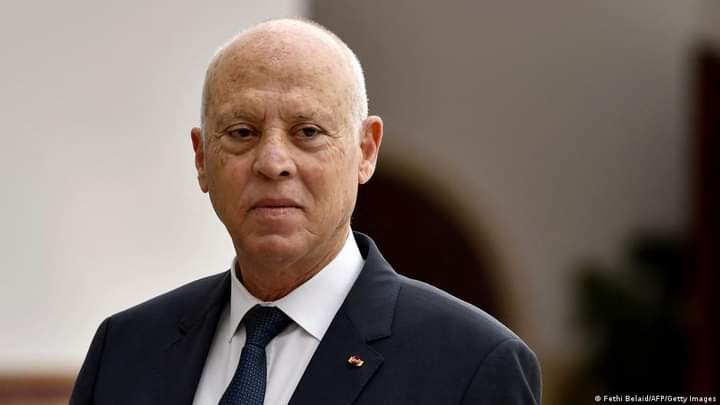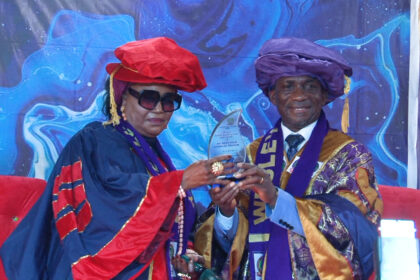The United Nations has expressed deep concern over the recent presidential election in Tunisia, citing widespread crackdowns on opposition figures and a lack of respect for due process and fair trial guarantees. In a statement issued on Tuesday, U.N. human rights Chief Volker Turk condemned the election campaign, which he described as “marred” by actions that undermine democratic processes and fundamental freedoms.
The re-election of President Kais Saied, who secured a landslide victory with 90.69 percent of the votes cast, has raised significant questions about the state of democracy in Tunisia. Saied’s sweeping power grab three years ago and the subsequent crackdown on political opponents have cast a shadow over the legitimacy of his presidency.
The Independent High Authority for Elections announced Saied’s victory on Monday, but the low voter turnout reflected widespread discontent among Tunisians, signaling a deep-seated dissatisfaction with the current political landscape. The exclusion of 14 candidates from the presidential race, along with the imprisonment of opposition figures, has fueled concerns about the fairness and transparency of the electoral process.
Turk highlighted the troubling nature of the cases involving the barred candidates, emphasizing that their trials indicated a lack of respect for due process and fair trial guarantees. Out of 17 prospective candidates, only three were accepted, while several others were arrested and served lengthy prison sentences on various charges. This has raised serious doubts about the inclusivity and fairness of the electoral process.
Furthermore, the Tunisian authorities’ refusal to apply a ruling by the Administrative Court ordering the readmission of three excluded candidates has drawn criticism from the U.N. human rights Chief. The parliament’s passing of a law removing the electoral dispute from the court’s jurisdiction just days before the election has been denounced as a violation of the rule of law.
Turk stressed the importance of protecting Tunisia’s democratic processes and upholding fundamental freedoms, calling on the Tunisian authorities to address these critical issues. The rejection of a legally binding court decision, he noted, is at odds with basic respect for the rule of law and undermines the credibility of the electoral process.
Rights groups have also expressed apprehension about Saied’s re-election, fearing that it will further entrench his grip on the only democracy to emerge from the 2011 Arab Spring protests. The concerns raised by the U.N. and other international observers underscore the need for urgent action to safeguard the democratic principles and human rights in Tunisia.
As the international community closely monitors the developments in Tunisia, the future of democracy in the country remains uncertain.
The outcome of the presidential election and the controversies surrounding it have reignited debates about the state of political freedoms and the rule of law in Tunisia, prompting calls for meaningful reforms and a commitment to upholding democratic values.




